Written by Mallika Viegas
*
When we found out we were having a boy, I was shocked. I was certain we were having a girl — so certain, I even created a Gmail account for her.
“You know it’s usually a 50% chance on this, right,” my doctor asked teasingly. And while I grappled with my unexpected disappointment and what to do with that Gmail account, I thought: What did I idealize about having a girl versus a boy?
First off, I don’t know boys! That’s what I said — neither a great argument nor true. As a child I had just as many boy friends as girls, and in university, I lived with four wonderful men that kept me laughing, sane and my retail therapy in check.
That brings me to my second point — the cool outfits! My friend Mike kindly pointed out to me that boys wear outfits, too. Fine. Fair.
Lastly, the real reason I ran circles around gender was that I was scared for him to grow into a brown man. There it is. This one hit me right in the heart. While we live in this country that prides itself on inclusiveness, it runs deep with stereotypes. And the brown man, frankly, is not a great one. And I didn’t want my baby to have that on him, already.
Beyond the seedy, online, slide into your DMs stereotype, there are real life consequences. Years ago (pre-legalization) my husband, a brown man, was pulled over in northern Ontario for allegedly speeding — allegedly because he’s a painfully slow and careful driver. The cop had him get out, searched his car, found some weed in his backpack, put him in the back of his car and charged him with possession. He then berated him on the demerits of smoking pot, asking “why don’t you do something with your life” and why he “didn’t drink alcohol like a normal person.”
Not that it matters, but my husband is an engineer and (luckily) one of the calmest, level-headed individuals I know. He silently nodded along. I can’t even begin to imagine the scenario had he questioned the search, or answered back. In our panic, we reached out to friends for legal advice and realized just how many friends of colour this had already happened to. Each one casually told us we don’t need a lawyer, just go to court, apologize, and offer up a donation to charity. He did and weeks later, the charges were dropped.
As Canadians we like to think we are beyond this. My aesthetician told me that racism didn’t exist in Canada; she knew, because she had lots of brown and Black friends. And even those friends agree, any incidents were probably deserved. Mind. Blown.
A few weeks after finding out the sex of our baby, I saw a brown Muslim mum and her kid get on the subway. He held onto her with one hand, a skunk finger puppet in the other. When they sat down opposite me, he gave an exaggerated sigh and his mum asked him what’s up. “Nothing, I have a lot of thinking to do.” And my heart just swelled.
I don’t know how to explain the sense behind it, but I have this image of white kids saying the darndest things and my narrow exposure to brown kids is always stereotyped by race, socioeconomic background and immigration. Watching this very normal, very sweet exchange, I was excited. Just that small incident was all it took.
I became obsessed with seeking out all the things “boy mom”: “How To Raise A Feminist Male”; “Raising Race Conscious Children”; “Talking to Kids about Sex” and “Teaching Kids about Consent.” The wormhole that is the internet really swallowed me up, yet there was a gnawing feeling that I couldn’t find how these applied to me.
A month before I was due, George Floyd was murdered and the cry for the end of systemic racism wailed louder than ever. I cried for him, the injustice, and for countless Black parents having these difficult conversations over and over again.
I remember my boss at the time, tearfully saying she didn’t know how to explain this to her 16-year-old daughter. And I was fuming. Not at her, but at the construct. That as a white family, they’d had the privilege of avoiding this conversation until now.
It’s been one year and as a person of colour, I’m intimately familiar with our societal shortcomings. But 2020 — in the midst of a global pandemic, a growing economic divide, and a massive movement towards racial consciousness — could not be met like any other. We were challenged to reimagine the road to a world in which Black lives matter. This year called for deep thought, reflection, intentionality — and a baby. And thankfully I’ve found mamas of colour I can bridge that gap with. I’ve reached out and discussed the ways in which they’ve raised their children Canadian AND brown. Within this online community of supporters and allies, I’ve realized, there’s a lot of good amidst the terrible. And there’s a lot of movement for change.
I’ve come through this feeling not only proud to raise a man of colour, but excited. Despite my own prejudice and preconceived notions, I, and hopefully many of those around him, will learn from his generation. I hope that in his lifetime, brown man is a phrase used positively. Synonymous with kind, funny, thoughtful and proud.
*
Mama by day, freelancer by night, Mallika dabbles in all things media and has written for such publications as Vice, Toronto Star, CBC, Fashion and The Cut. She lives in Toronto with her husband, baby and exceptionally well behaved dog, Pablo. She is a lover of books, adventure and bragging about the pre-baby sleeps she once had. You can find a curated version of her life on the ‘gram @mviegas.
*
SHOP REBEL MAMA MERCH
CHECK OUT OUR (BEST-SELLING) BOOKS
LISTEN TO OUR PODCAST
KEEP UP WITH US ONLINE
@THEREBELMAMA
E

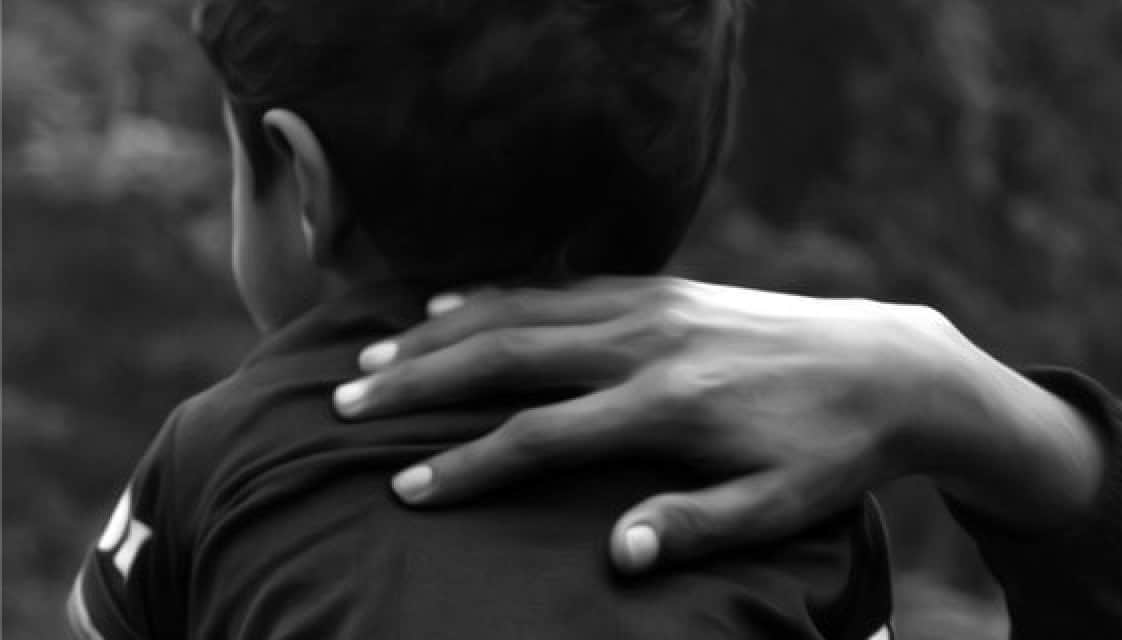

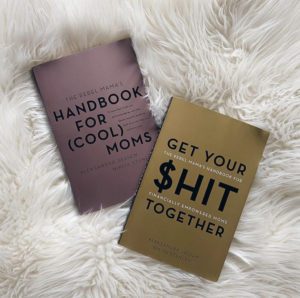
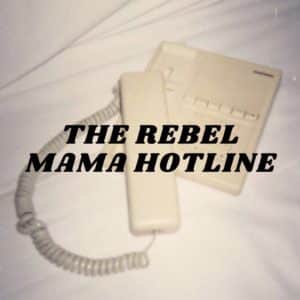
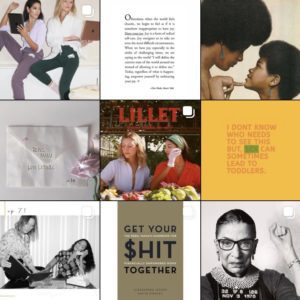
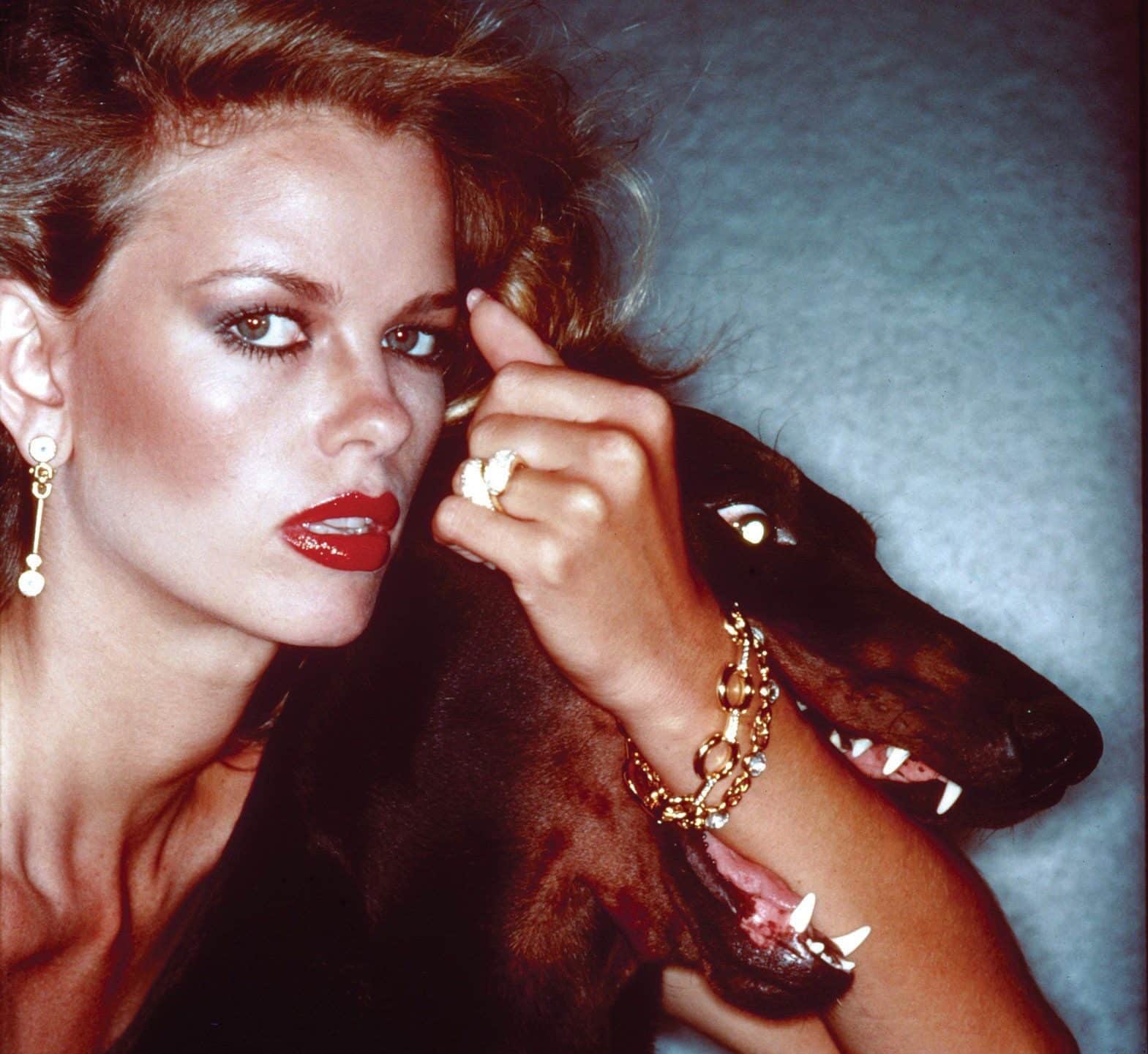
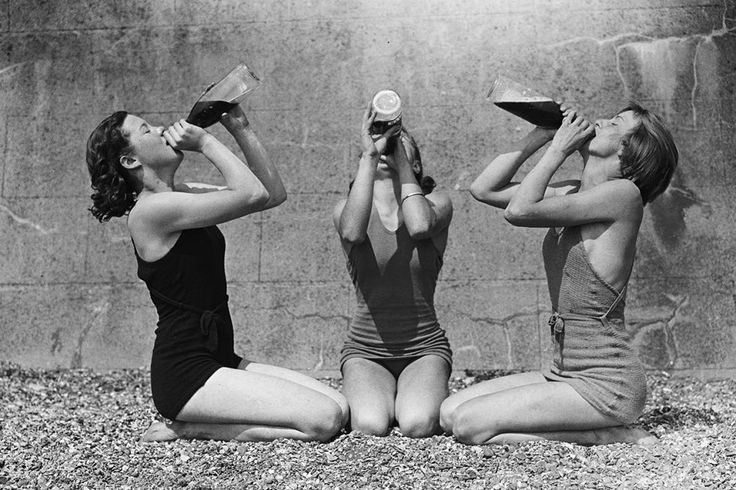


Thank you for this. As a mom to three brown girls, and a wife to a brown man, and as a brown woman who has lived racism in this country, even until this day, these are the conversations we need to have.